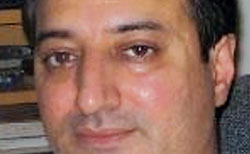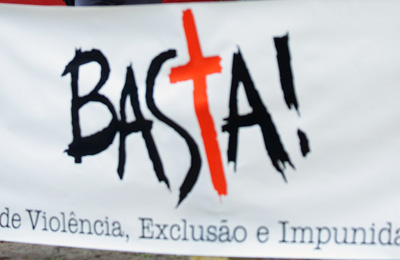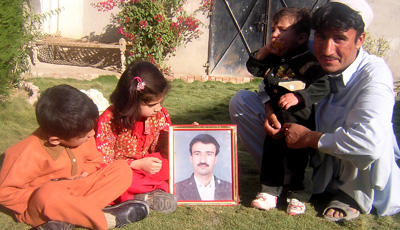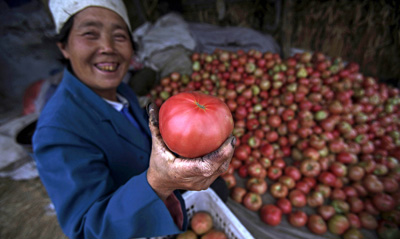Indian justice grinds slowly, but not so finely
First, a bit of history: In 2008, CPJ reported: The high court in the western state of Gujarat defended the media, rebuking a prosecutor for demanding state regulation of newspaper content. The prosecution sought restrictions after the Ahmedabad police commissioner filed sedition charges against a Times of India editor and reporter, and a Gujarat Samachar…

Murtaza Razvi, and what should come next
The ceremony for Murtaza Razvi was held in Karachi Friday. Even as more details of the killing of one of the Dawn Media Group’s most senior journalists emerge, it’s difficult to discern a motive. Several Pakistani media quoted an anonymous police official as saying, “We are investigating into the matter but it is a case…
Internet giants submit to external free expression scrutiny
Journalists and bloggers in authoritarian countries have their work cut out thwarting governments that try to restrict their writing and reporting. The last thing they need to worry about is the provider of their publication platform helping authorities with censorship or surveillance. Cue the Global Network Initiative (GNI), a voluntary grouping of Internet companies, freedom…

Brazil, Pakistan, India fail test on journalist murders
Brazil, Pakistan, and India–three nations with high numbers of unsolved journalist murders–failed an important test last month in fighting the scourge of impunity. Delegates from the three countries took the lead in raising objections to a U.N. plan that would strengthen international efforts to combat deadly anti-press violence.

Pakistan’s response to UNESCO shows true colors
In case there was any doubt about the stance of Pakistani authorities on the murder of journalists, UNESCO’s 28th biennial session offered an instructive insight. In addition to discussing the U.N. Draft Plan of Action on the Safety of Journalists and the Issue of Impunity during the meeting, held in Paris in March, member states…

With impunity, more danger ahead for Pakistani press
Pakistani journalists are under threat, and the public is paying the price. The most recent report from the Human Rights Commission of Pakistan includes a detailed chapter on freedom of expression, which ties growing suppression to rising incidence of violence and threats against news media. Not coincidentally, Pakistan sits near the top of CPJ’s Impunity…

Chinese censors target tomatoes amid Bo Xilai scandal
Chongqing hotpot = King of the Southwest = King Who Pacifies the West = Minister of Yu = Tomato What do these words have in common? They are all coded references to Bo Xilai, the disgraced former Communist Party leader in southwestern Chongqing, and they were all censored in China on Tuesday, according to the…
A Pakistani ‘sword of Damocles’ in the making?
Given that it is usually punishable by death, “treason” is a dangerous word to bandy about. When it is applied to journalists, it is even more worrisome. We’ve seen that in Sri Lanka, which is in the throes of a backlash against a U.N. resolution on past human rights abuses. (See “Amid Sri Lankan denial,…
